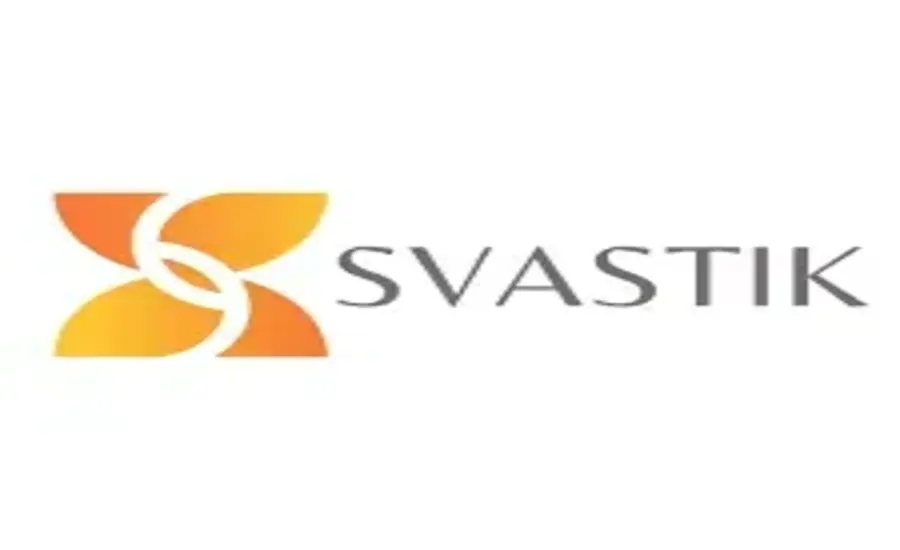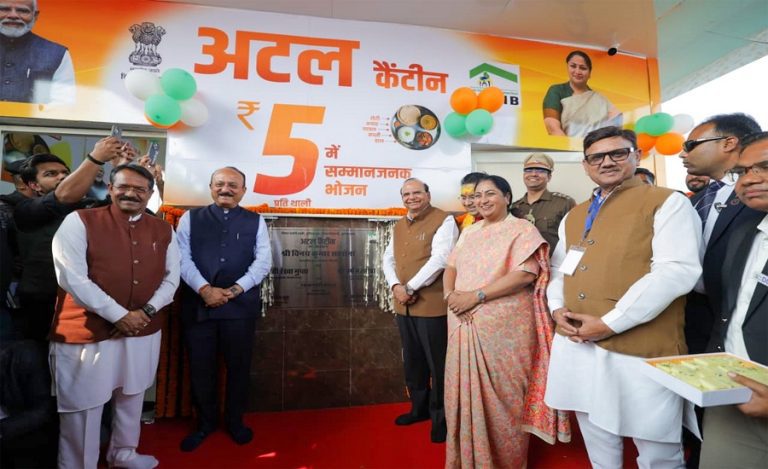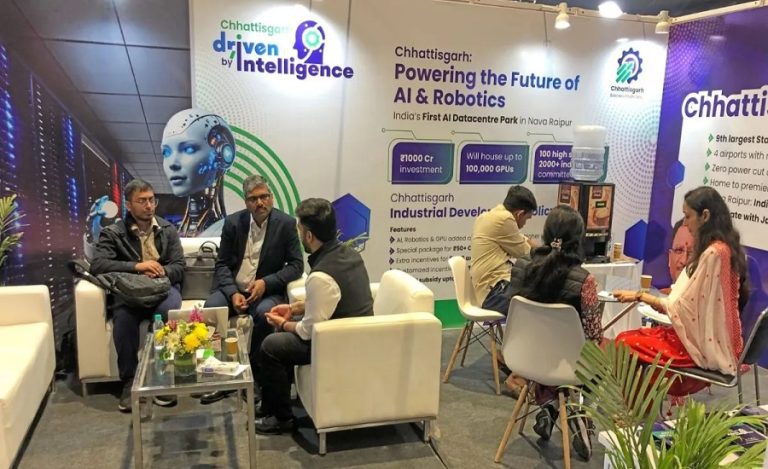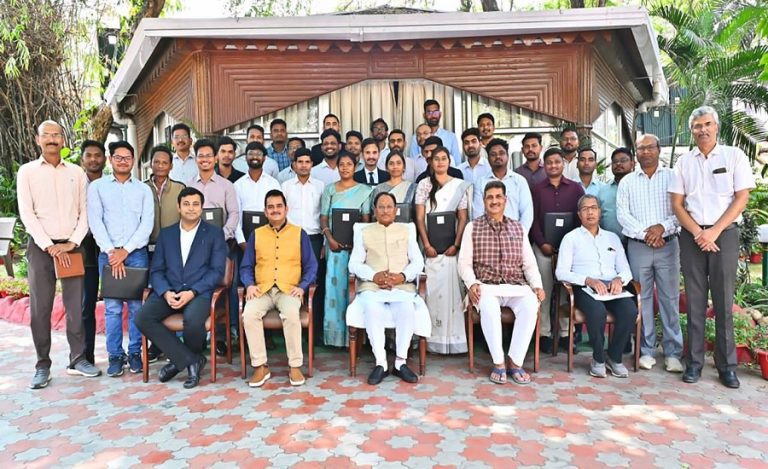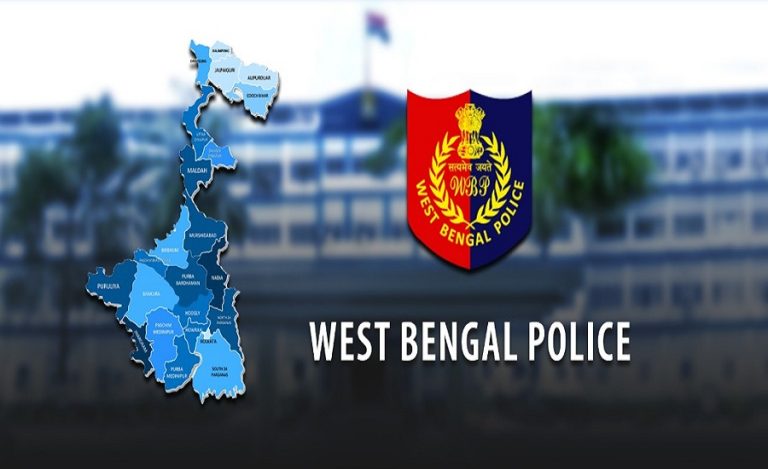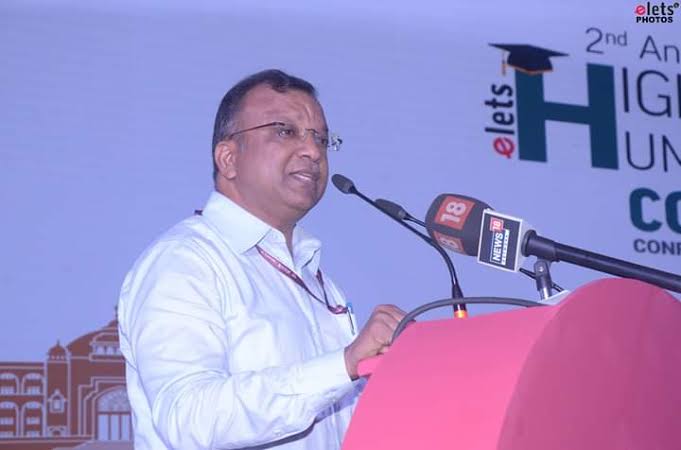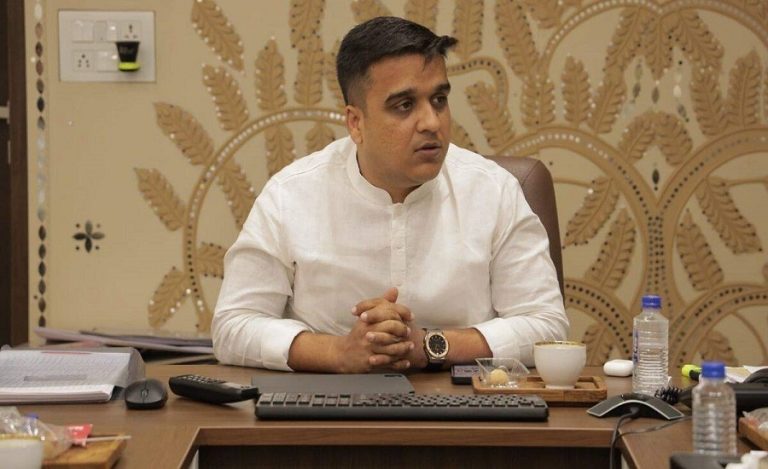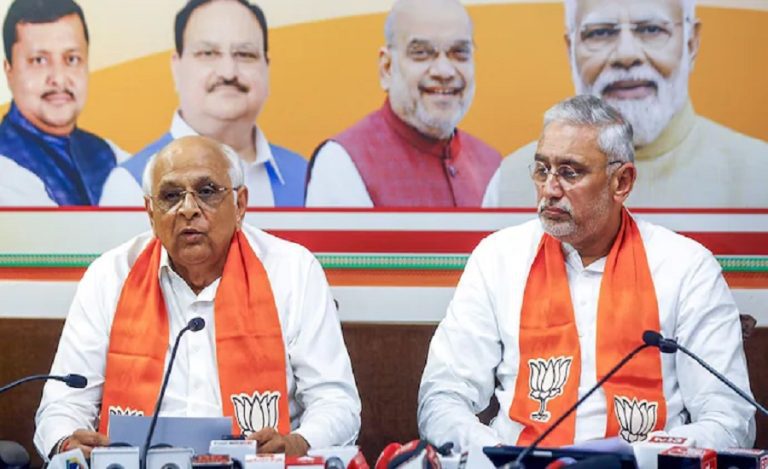The CSIR‑National Institute of Science Communication and Policy Research (CSIR-NIScPR), together with Indian National Young Academy of Science (INYAS) and Maharshi Dayanand University (MDU), Rohtak, organised a major capacity-building national workshop on 16 October 2025 to train teachers in “Communication and Dissemination of Indian Knowledge Systems (IKS)” under the national initiative SVASTIK.
Bringing together over 100 participants from 75 different institutions, the event aimed at equipping educators with tools and methods to translate India’s scientifically validated traditional knowledge into classroom and community settings.
Why Indian Knowledge Systems Matters: Re-linking Science and Tradition
The background to the workshop underscores a critical push by the Government of India to bring India’s rich heritage of science, technology and traditional practices into the mainstream educational discourse. As the press release highlights:
Traditional knowledge — from indigenous soil-management practices to ancient rain-water harvesting systems — remains under-communicated, especially in formal science education.
SVASTIK’s mandate is to ensure that scientifically validated traditional wisdom reaches society at large, and this workshop is a keystone initiative in that strategy.
Teachers are the essential link between research/knowledge systems and societal uptake — hence the focus on capacity building.
Highlights from the National Workshop: What Took Place
Opening & Setting the Tone:
- Dr Surender Yadav (MDU) delivered the welcome address, setting the collaborative tone.
- Dr Geetha Vani Rayasam (Director, CSIR-NIScPR) joined online and formally introduced the SVASTIK initiative, praising the institutional synergy of CSIR-NIScPR, INYAS and MDU.
Padma Bhushan Dr Anil P. Joshi, known as the “Mountain Man of India”, in his keynote stressed that traditional Indian knowledge is steeped in sustainability and self-reliance — a timely reminder in the age of ecological strain.
Prof Rajbir Singh (VC, MDU) acknowledged the synergy and emphasised the pivotal role of teachers as communicators of knowledge.
Technical Sessions & Hands-On Modules:
First session: “India’s science & technology heritage: From protection to perpetuation” — focusing on the continuity of traditional practices in today’s context.
Prof Ranjana Aggarwal highlighted the need for holistic integration of natural, social and spiritual sciences.
Read also: IAS Soumya Jha’s ‘Lakshya 2025’ Initiative Transforms Education in Tonk
Dr Ashwani Tiwari (JNU) delivered a talk on traditional rainwater harvesting systems and how they can help combat growing water scarcity.
Dr Charu Lata (CSIR-NIScPR) explained the workflow under SVASTIK — identifying traditional practices, scientifically validating them, and then communicating through digital/social media. She invited participants to act as “Brand Ambassadors of SVASTIK”.
Second session: A hands-on training covered science communication methods — writing popular science, creating infographics, podcasts, social media outreach. Dr Paramananda Barman led the training.
Another highlight: Dr Raj Mukhopadhyay (ICAR-CSSRI, Karnal) talked about indigenous soil-management practices enhancing fertility, microbial activity and nutrient cycling.
The workshop ended with interactive feedback and acknowledgements; participants from schools and colleges expressed strong appreciation. Dr Sandhiya Lakshmanan (CSIR-NIScPR) delivered the vote of thanks.
What This Means for Teachers & Knowledge Dissemination
Teacher empowerment: By training educators not only in content but in communication tools and media-skills, the workshop ensures that the knowledge reaches actionable classrooms and communities rather than staying locked in academic papers.
Bridging tradition and modernity: Traditional systems such as rain-water harvesting or soil-fertility practices are being reframed scientifically, making them relevant to modern curriculum and societal needs.
Digital readiness: Emphasis on infographics, podcasts, social media means the knowledge will circulate beyond chalk-and-board classrooms — widening the circle of impact.
Scaling potential: With 75 institutions engaging, a ripple-effect across states is possible — accelerating the national mission to mainstream IKS.
Alignment with broader policy: The workshop aligns with national frameworks like National Education Policy 2020 (NEP 2020) which emphasises inclusion of indigenous knowledge and multidisciplinary approaches in education.
The Bigger Picture: Why Indian Knowledge Systems Matter Now
In an era of global challenges — climate change, water scarcity, soil degradation and ecological imbalance — India’s traditional systems of knowledge gain renewed relevance. This workshop symbolises a shift: from preservation of traditional practices to transmission and adaptation for contemporary needs.
The SVASTIK initiative is not just about heritage; it is about innovating through tradition, validating ancient wisdom through science, and equipping teachers to deliver that to a new generation. What started as documentation now moves into the realm of active dissemination.
With more such workshops, the future looks promising for a richer curriculum, environment-linked education, and society that understands and utilises its indigenous strengths.

